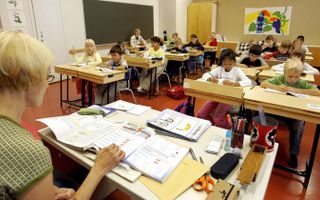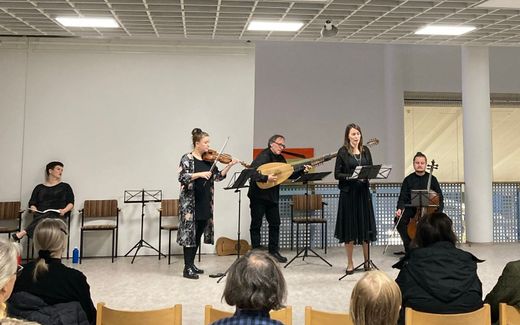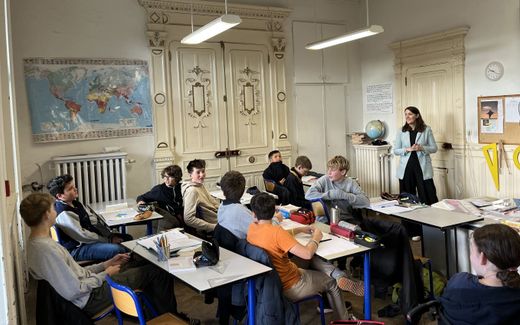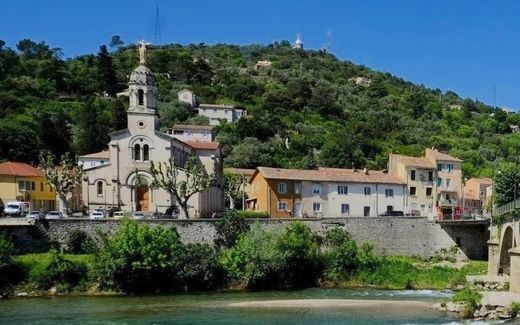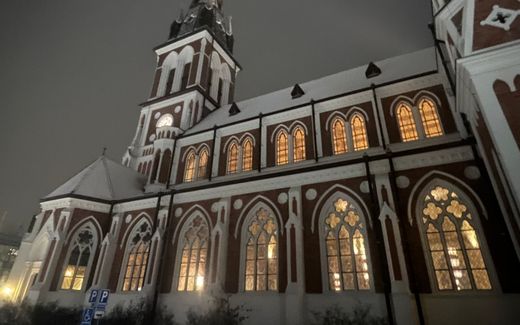How the school's prayers are answered in Strasbourg
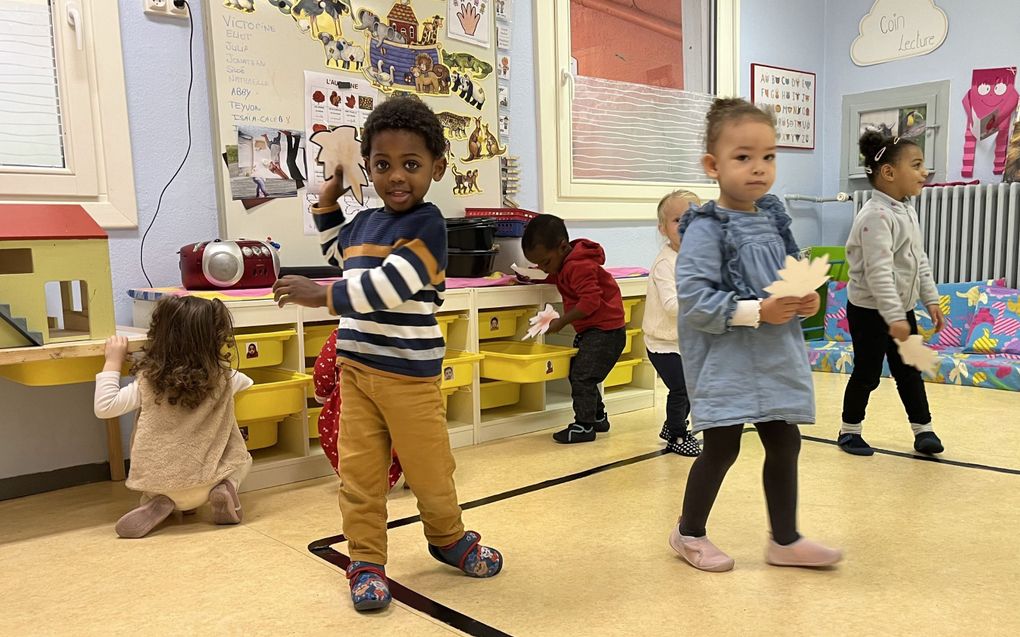
Playing with the smallest kids at Oliveraie. Photo CNE.news, Evert van Vlastuin
Western Europe
Common values at home, at church, and for the school. That is what the parents sought who started a Christian school in the European capital, Strasbourg. And now, even the inspection motivates the school to express the Christian faith in the lessons.
The teacher in the highest class takes his guitar and plays. The children sing a Christian song – and they enjoy. After this, they go back to their maths again.
In the kindergarten downstairs, the kids have a welcome song. Later on, they sit on the ground and pray together.
The smallest pupils follow the Montessori program. On the whiteboard, every child has his or her own working plan. A trainee is helping the teacher.

Every day, all classes start with a group talk. Quite often, the teacher or a pupil refers to something from the Bible.
This is how the Biblical values are integrated in the school program, says Martine Wenger, administrator at the school. “For example, during the science class, the teacher can talk about the fact that God made the trees, and during the maths class, about the multiplication of the bread by Jesus.”
Every other month, a more formal moment of worship brings together the school board, the teachers and the parents of the 35 families from which the children come. “During that meeting, prayer and worship are important.”
Same values
The reason why a handful of parents started the “Association Pour la Promotion de l’Education chretienne” in 1999 is the unity of family, church and school. Wenger: “Parents prefer that at this age, the children grow up with common values.” Some of the pupils that attended in 1999 are sending their own children to Oliveraie now.

Most families belong to one of the churches in Strasbourg. But being a Christian is not a condition to enrol a child in our school. The school only expects that parents agree with the Christian faith at the school.
“Many children from non-Christian families speak about Jesus at home", says Wenger. “Last year, a pupil asked her non-Christian parents for a Bible, and later, she asked to be baptised. So, the presence of these children at school has an impact in their homes.”
“As far as teachers are concerned, we require that they are committed Christians who consider teaching here as a mission, not a job. In the procedure, we always ask for a recommendation from their pastor.”
Waves
École Oliveraie has 53 pupils at the moment. Just below the highest peak of 57 from their top year 2019. Most of the pupils come from the city of Strasbourg, or on the outskirts.

Since the start of the school in 1999, there have been waves in the interest for the school. Also, financially. Wenger: “Some years were more difficult than others, due to an insufficient number of children. At one point, the school nearly closed. But currently, there is an increase of interest for private schools, and we benefit from this situation.”
What do you do when you fear that the school has no future?
“Then, we pray. With the team at school and with the parents. And God has answered those prayers.”
At the moment, the school community is praying for another building. “We have to leave this place within three years. We are looking for something else where we can expand a bit too. We would love to start a “collège” (middle-school, for the group between 11 and 14 years, ed.).”

The main source of income for the school is the monthly fee from the parents. The average yearly payment per child is 3320 euro, based on the parents’ income, while the public school is free of charge. The school is supported by a number of financial contributors, private or churches.
State contract
The legal position of the school is clear: private with no contract with the state. The school is obliged to fulfil the demands of the official education program, so that the children can continue to secondary education. But because there is no state contract, the school is free to choose its own path towards it.
Being independent from the state means that the school is not influenced by the famous French laicité; the strong separation between church and state. Wenger: “Let me tell you this: the state school inspection stimulated us to put forward our Christian identity in all things. Really, we were astonished, and it encouraged us to continue our mission.”
Related Articles


